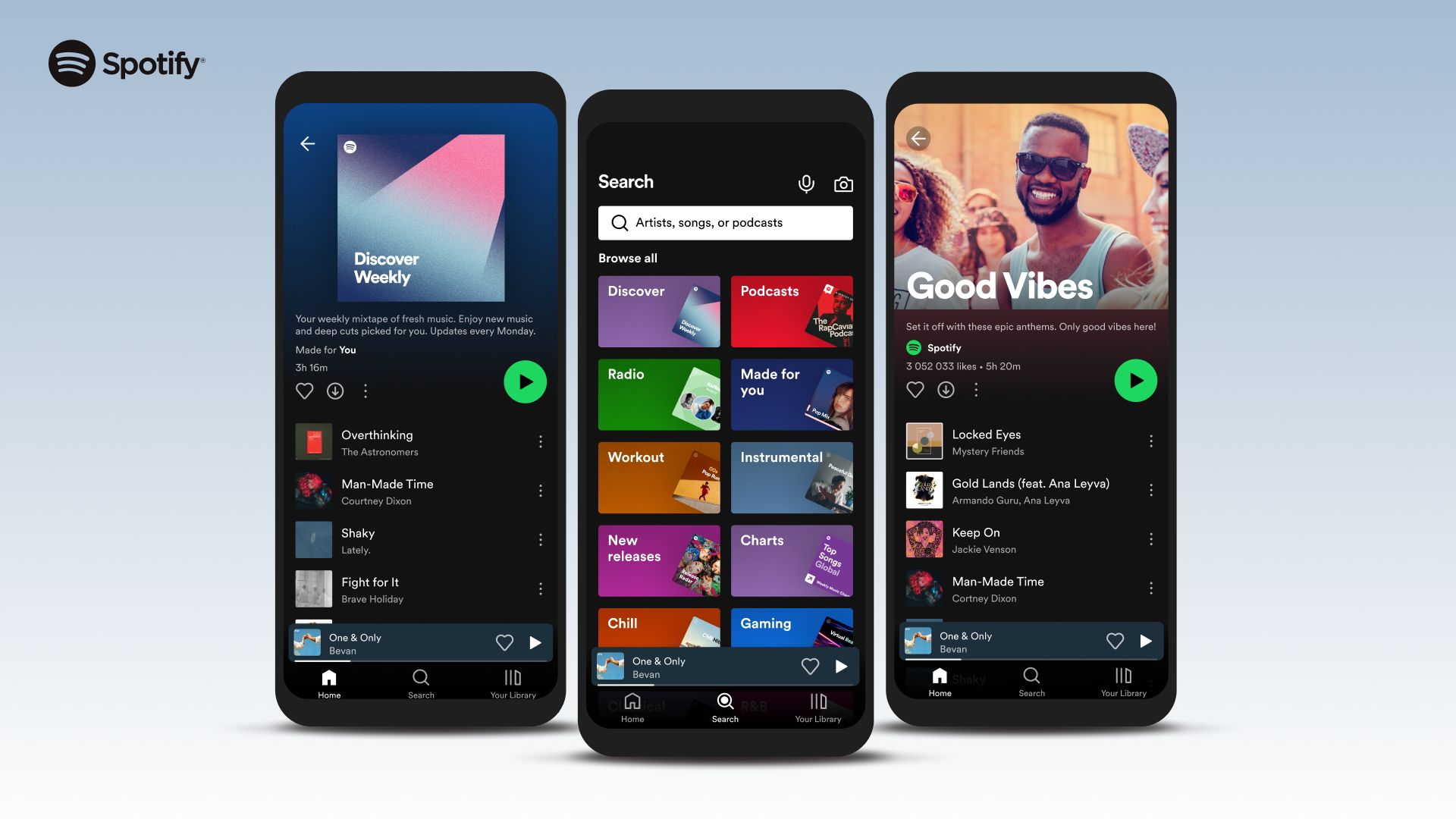In recent months, a growing number of users have been leaving Spotify, the once-dominant music streaming platform. What started as a quiet exodus has now turned into a significant trend, with many users citing various reasons for their decision to cancel their subscriptions. From concerns over artist compensation and algorithmic control to corporate ethics and competition from other platforms, the factors behind this shift are multifaceted. This article explores the key reasons why people are cancelling Spotify and what it means for the future of music streaming.

The Rise of Spotify and Its Dominance
Spotify revolutionized the way people consume music. Launched in 2008, it quickly became the go-to platform for on-demand streaming, offering an extensive library of songs, personalized playlists, and a user-friendly interface. For years, it was the gold standard in music streaming, with millions of users around the world. However, as the market evolved, so did user expectations — and not always in Spotify’s favor.
1. Artist Payments and Fair Compensation
One of the most common complaints from users is the low royalty rates paid to artists. According to a January 2024 report by Duetti, a music financing platform, Spotify pays about $3 per 1,000 streams, while competitors like Apple Music, Amazon Music, and YouTube pay significantly more. While Spotify disputes these figures, the perception remains that artists are not being fairly compensated for their work.
This issue has led to several high-profile exits. In 2022, Joni Mitchell and Neil Young pulled their music from Spotify over the platform’s promotion of Joe Rogan’s podcast, which had spread medical misinformation. Although they later returned, the damage to Spotify’s reputation was done. More recently, bands like Deerhoof, Xiu Xiu, and King Gizzard & the Lizard Wizard also removed their catalogs in protest of Spotify’s ties to AI-driven military technology.
2. Algorithm Fatigue and Loss of Control
Another major reason for the exodus is the overreliance on Spotify’s algorithm. Users have grown frustrated with the platform’s constant recommendations and curated playlists, which often overshadow personal choice. As one user put it, “I stopped listening to the music I actually wanted to listen to, and instead, I embraced the music that Spotify told me I wanted to listen to.”
Spotify’s algorithm-driven approach can be overwhelming. From full-screen pop-ups promoting new podcasts to endless grids of music and podcast suggestions, the app feels cluttered and intrusive. For some, this loss of agency has made the experience less enjoyable, prompting them to seek alternatives that offer more control over their listening experience.
3. The Push for Podcasts and Content Over Music
Spotify has increasingly positioned itself as a podcast platform, with aggressive marketing and exclusive deals that prioritize audio content over music. This shift has alienated some users who originally signed up for the service to access music. The app now feels more like a media hub than a music streaming service, with podcasts dominating the homepage and pushing music content to the background.
Additionally, Spotify’s acquisition of popular podcasts has created a walled garden effect, where users are forced to stay within the platform to access certain content. This move has drawn criticism from both users and creators, who argue that it undermines the open nature of podcasting.
4. Sound Quality and Technological Lag
Despite its popularity, Spotify has faced criticism for its audio quality. While the platform has promised high-fidelity streaming (Spotify HiFi) for years, it has yet to roll out the feature widely. Competitors like Tidal, Apple Music, and Amazon Music already offer lossless audio and spatial sound, giving users a better listening experience.
For audiophiles and casual listeners alike, the difference in sound quality matters. As more people invest in better headphones and audio equipment, they expect their streaming services to match that standard. Spotify’s delay in delivering on this promise has led many to switch to platforms that offer superior sound.
5. Corporate Ethics and Controversial Business Decisions
Spotify’s business decisions have also come under scrutiny. In June 2024, CEO Daniel Ek announced that his investment firm led a $700 million funding round for a company developing AI-enabled military weapons. This move sparked outrage among some users and artists, who felt that Spotify was aligning itself with unethical ventures.
Furthermore, Spotify’s partnership with U.S. Immigration and Customs Enforcement (ICE) has drawn backlash. Users reported seeing recruitment ads for ICE on the platform, leading to calls for boycotts and cancellations. While Spotify has not officially addressed the controversy, the incident has further eroded trust among its user base.
6. The Rise of Better Alternatives
With the rise of alternative platforms, many users are finding better options that meet their needs. Apple Music offers lossless audio, seamless integration with iOS, and strong curation tools. Tidal provides higher royalties to artists and superior sound quality. YouTube Music combines music discovery with video content, making it a compelling choice for users who enjoy both.
These platforms don’t just copy Spotify — they improve on it. They offer better sound, fairer artist payouts, and more control over the listening experience. As a result, users are no longer switching out of frustration but rather upgrading to platforms that align more closely with their values and preferences.
How to Cancel Your Spotify Subscription
If you’re considering leaving Spotify, the process is relatively straightforward. Here’s how to cancel your subscription:
- Go to the Spotify website or open the app.
- Log in to your account.
- Navigate to your account settings.
- Under “Your Plan,” select “Cancel Plan.”
- Follow the prompts to confirm your cancellation.
- Your Premium account will remain active until the end of your billing cycle, after which it will revert to the free version.

Conclusion: A Shift in User Priorities
Spotify is far from dead, but it’s clear that the platform is no longer the dominant force it once was. Users are increasingly prioritizing ethical practices, fair artist compensation, and better sound quality. As the market continues to evolve, Spotify must adapt to retain its user base or risk losing it to competitors who offer a more balanced and respectful listening experience.
Whether you’re leaving Spotify out of frustration or simply looking for a better option, the trend reflects a broader shift in consumer behavior. In a world of choices, loyalty is no longer guaranteed — and users are finally starting to demand more from the platforms they use.

Author: [Name]
Title/Role: [Journalist]
Credentials: [Experience covering tech, media, and entertainment trends in the United States]
Profile Link: [Optional]
Sources:
– What’s Trending
– MediaDailyNews
– Duetti
Related Articles:
– Top US News: Spotify Faces Backlash Over ICE Ads
– Trending News USA: Music Streaming Platforms Compete for User Loyalty
– Current Events in USA: Artist Payments and Streaming Revenue
Call to Action: Stay updated with the latest news and trends in the US. Explore today’s headlines and discover what’s shaping the future of music, tech, and culture.











More Stories
US Trending News: Exploring Zach Top Greensboro
US Trending News: The ‘Your Mom’ White House: A Trendy Take on Political Humor
US Trending News: Zach Lowe Twitter Updates and Insights